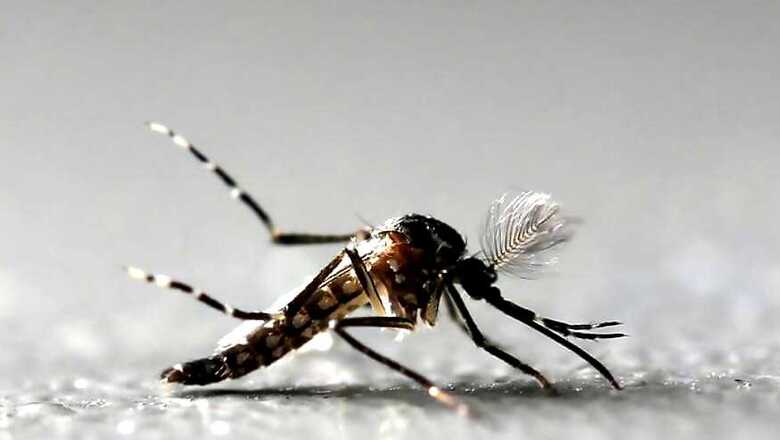
views
According to a team of international researchers, a drug that was originally developed to treat the skin disease psoriasis could lead to a new malaria drug that is effective against malaria parasites resistant to currently available drugs by modifying a class of molecules in it.
Notably, according to the study published in the journal Science Translational Medicine, redesigning molecules originally developed to treat the skin disease psoriasis could lead to an effective new drug against malaria.
An international team of researchers modified a class of molecules called pantothenamides to increase their stability in humans.
The new compounds stop malaria parasite from replicating in infected humans and from being transmitted to mosquitoes, and are effective against malaria parasites resistant to currently available drugs.
Notably, malaria is a major global health concern, with around 216 million cases and 400,000 deaths annually.
Caused by the parasite Plasmodium falciparum, which is transmitted to humans from the bite of an infected Anopheles mosquito, many Plasmodium parasites have developed resistance to the most common drugs used against them.
Speaking about it, Manuel Llinás, professor of biochemistry and molecular biology and of chemistry at Penn State and an author of the paper said that they have known for a long time that pantothenamides are extremely potent against the malaria parasite, but they become unstable within biological fluids because an enzyme clips them apart before they can act. He further adds that his team of collaborators, led by Koen Dechering at TropIQ Health Sciences and Joost Schalkwijk at Radboud University Medical Center in the Netherlands, found that changing a chemical bond in a pantothenamide molecule prevents this clipping, making it viable for use as a new antimalarial drug.
Notably, the team found that the modified pantothenamide molecules not only interfere with the development of the malaria parasite during its asexual growth phase in the blood but also prevent transmission of the sexual form of the parasite from human blood to mosquitoes.
Llinas added that by preventing the transmission of malaria parasites from infected people into mosquitoes, these pantothenamides can reduce the chances that mosquitoes will be infectious to others.
In the course of their study, the team discovered that, because the pantothenamide molecule closely resembles the essential vitamin B5, it is mistakenly taken in and metabolized by the parasite. This leads to the formation of molecular analogues, or antimetabolites, which decrease the parasite's production of acetyl-CoA, a compound critical for its survival.
According to researchers, the mechanism of action hasn't been used before and thus there is no resistance to the drug yet and it is effective against many forms of malaria.




















Comments
0 comment